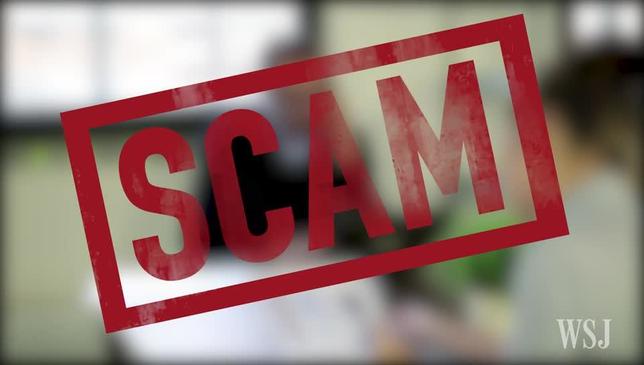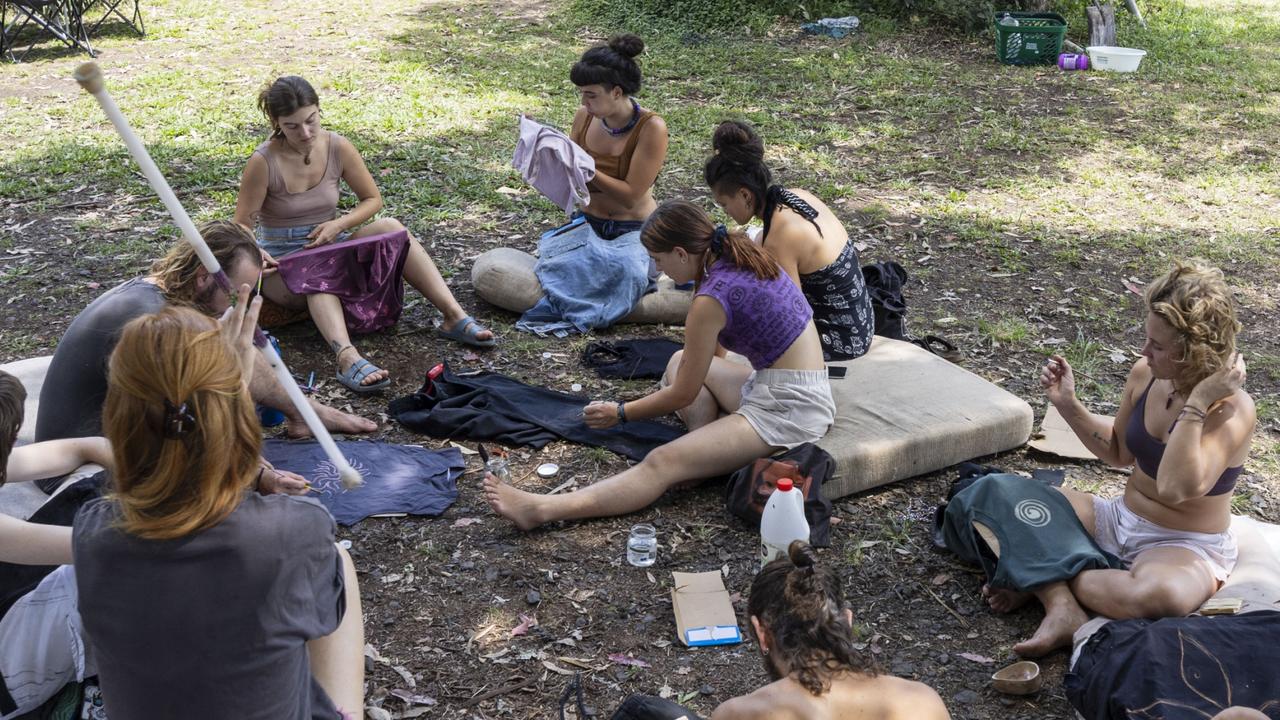This scam cost Aussies $20m last year
"EVERY day dozens Australians are sucked in by it and lose huge sums”.

Lismore
Don't miss out on the headlines from Lismore. Followed categories will be added to My News.
IF it seems to good to be true, then it usually is.
National Scams Awareness Week (NSAW) is an annual initiative led by the Scams Awareness Network to raise awareness and help the community confidently identify scams.
The ACCC reports that there are many different types of scams.
In a timely post, on Tuesday Richmond Police District have reported the Lonely Hearts scam is again making the rounds.
"The Lonely Hearts Scam is one of the most profitable scams going around," the post said.
"Every day dozens Australians are sucked in by it and lose huge sums (and) Scamwatch.gov.au reports Australians lost $20,530,578.00 last year - and that is only the reported losses!"
Scammers can claim to be from government departments or trusted, well known businesses and typically seek personal information or financial payment over the phone.
To recognise the importance of NSAW, government agencies are working collaboratively to encourage all Australians to be on the look-out for scams and remember that if contacted unexpectedly to stop and check 'is this for real?'.
As new scams arise, it's important to be prepared with the right information to confidently identify a scam and take the appropriate action to ensure personal information remains protected.
If you are contacted out of the blue from someone you don't know, take precautions.
Tips to protect yourself
* If you're contacted unexpectedly and threatened by someone who says they're from a government agency or trusted business, always consider the possibility that it may be a scam - then stop and check if it's for real.
* Don't be pressured by a threatening caller and don't respond to threatening emails or voicemail messages asking you to call someone back. If you do, the scammers may increase their intimidation and attempts to get your money.
* If you're unsure whether a call or email is genuine, verify the identity of the contact through an independent source, such as a phone book or online search, then get in touch with them to ask if they contacted you. Don't use the contact details provided by the caller or in the message they sent to you.
*If you're still unsure, speak to a family member or friend about what's happened.
* Never give money, bank account or credit card details or other personal information to anyone you don't know or trust - and never by email or over the phone.
*A government agency or trusted business will never ask you to pay by unusual methods such as with gift or store cards, iTunes cards, wire transfers or bitcoin.
*Don't open suspicious texts, pop-up windows or emails and don't click on links or open attachments - just delete them.
* Never give anyone remote access to your computer if you're contacted out of the blue - whether through a phone call, pop up window or email - and even if they claim to be from a well-known company like Telstra.


